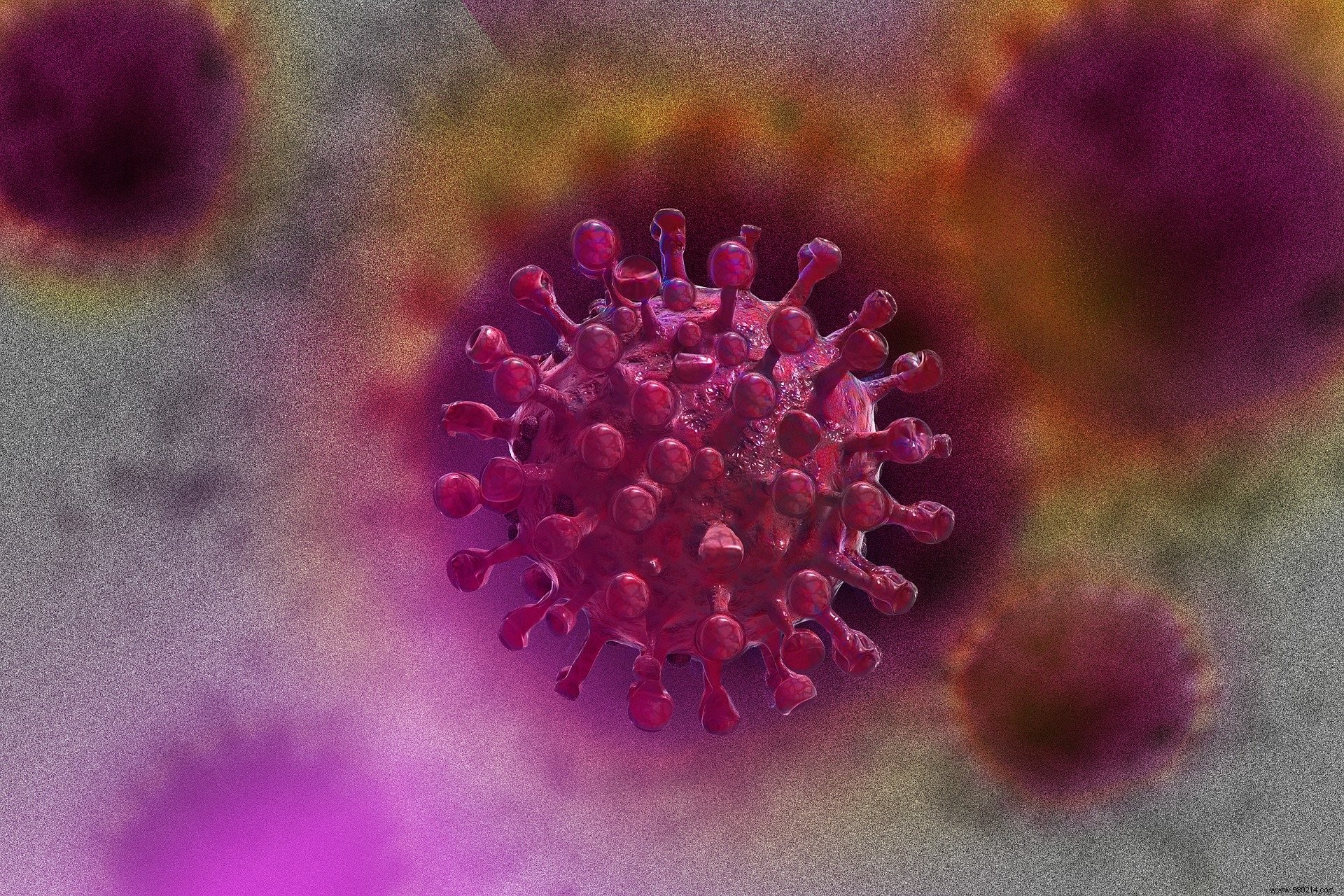Since the beginning of the Covid-19 epidemic, the WHO has undoubtedly been the institution whose announcements, declarations and other directives have been the most scrutinized – whether they have been listened to or not. Be that as it may, its legitimacy no longer needs to be demonstrated in terms of helping to manage health risks. And lately, its African branch spoke about natural medicines as avenues of research to fight against this pandemic.
This week we passed the sad toll of one million dead victims of the coronavirus in the world, which has been raging since last year. This figure, as impressive as it is symbolic, reminds us of the importance of doing everything possible to stop this carnage .
First of all with the production of a vaccine, which, despite significant advances in some countries such as Russia, has not yet come to fruition. The latter is awaited with as much impatience as caution , and its implementation is the scene of a relentless struggle laboratories around the world.
On the side of miracle solutions to deal with the disease, many have been mentioned – sometimes vehemently – and we are debating, chloroquine vying for first place. But failing to find THE perfect substance to cure the sick, the WHO has announced to look into alternatives .

In Africa, all solutions are considered to solve the problem and find a remedy there:
“Our governments committed in 2000 […] to treat traditional remedies like other medicines by subjecting them to tests” , recalled in May Matshidiso Rebecca Moeti, doctor and regional manager of the WHO in Africa.
Since this period, a group of experts in traditional medicine , from the Africa Center for Disease Control and Prevention and the African Union Social Affairs Commission works for WHO. The goal ? Looking at natural medicines, as the doctonate site lists. In other words, the WHO has validated the launch of research for these remedies , especially in the face of Covid-19.
Better than that, since these experts have "approved a protocol for clinical trials Phytotherapy Phase 3 for Covid-19” , in the words of the WHO. A sign that all avenues are being studied to find something to relieve the sick, and not only those of Covid-19 . The traditional remedies studied also relate to other diseases.

For the moment less affected than other areas of the world, Africa must also face the health challenge what does this disease represent with the milestone of million people infected in August last. And as everywhere, the inequalities between countries are felt, since 5 of the 54 countries of the continent then housed more than 70% of the cases .
Among the most affected nations is South Africa – which alone accounts for almost half of the African cases -, Egypt, Nigeria, Algeria and Ethiopia . More recently, it is the lack of equipment, in particular tests, that has failed countries like Zimbabwe , currently in short supply. And yet. The carnage that was announced did (fortunately) not take place as much as everyone feared .
And WHO uses several arguments to explain it. First of all, Africa is a continent with a young population , and more able to resist Covid-19. Second, it is relatively isolated and its location is “less internationally connected” . On the other hand, the WHO emphasizes the speed African countries in the implementation of sanitary protocols and restrictions in March 2020 to stem the spread of the epidemic.